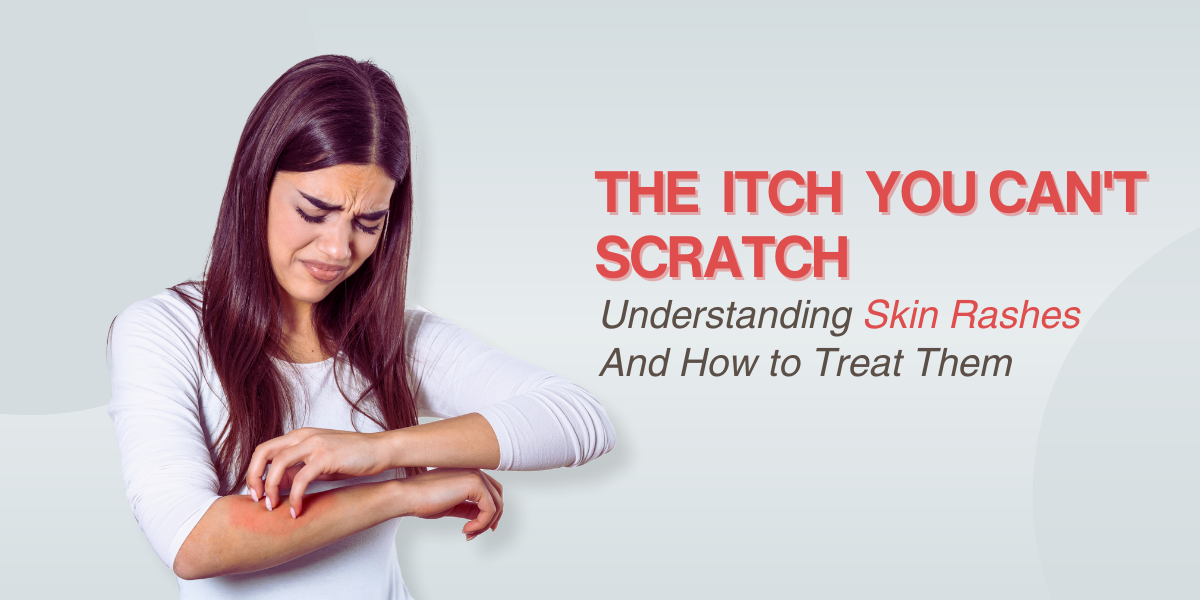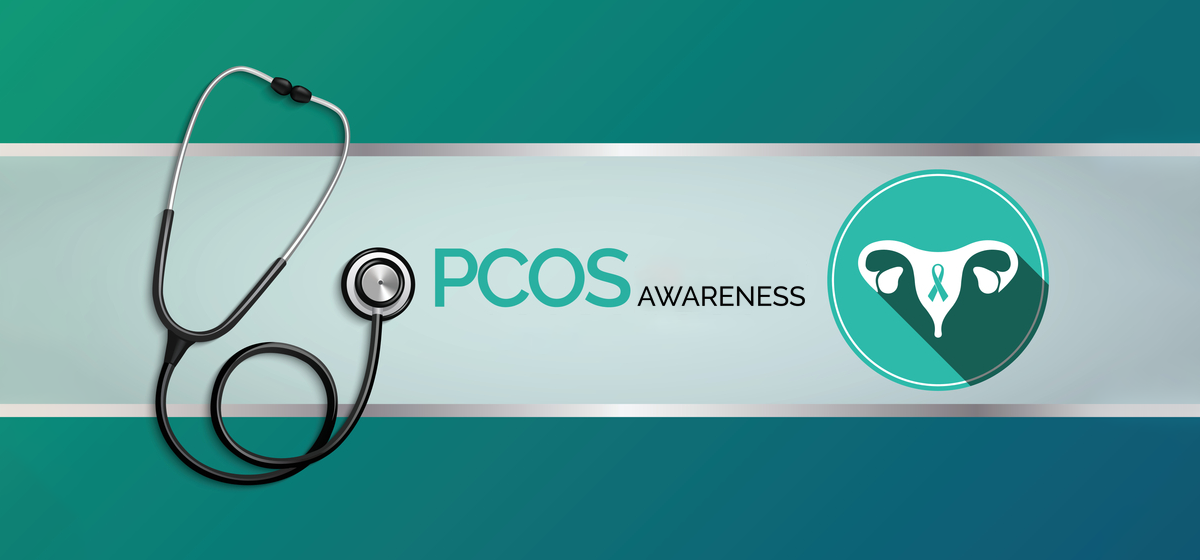Introduction:
Skin rashes can be both uncomfortable and frustrating, causing incessant itching and irritation. Understanding the underlying causes of these rashes and knowing how to treat them effectively can provide much-needed relief. In this article, we will delve into the world of skin rashes, shedding light on their prevalence, common triggers, and appropriate treatment options. Whether you’re dealing with a mild rash or a more persistent condition, read on to discover valuable insights and practical solutions.
The Prevalence of Skin Rashes
Skin rashes are a common dermatological concern, affecting a significant number of individuals worldwide. According to recent statistics, more than 20% of the general population experiences some form of skin rash at any given time. Dermatitis, eczema, and contact allergies account for approximately 30% of all diagnosed skin conditions. In the United States alone, millions of people seek medical attention each year for skin rashes.
Understanding the Causes
Skin rashes can have various causes, ranging from allergies to infections. Some of the key triggers include:
Allergic Reactions: Rashes can occur as a result of contact with allergens such as certain foods, medications, or environmental factors like pollen or pet dander.
Dermatitis: This condition, characterized by inflamed skin, can be caused by irritants like soaps, detergents, or certain fabrics.
Infectious Agents: Viruses, bacteria, fungi, and parasites can lead to skin infections, causing rashes with specific characteristics.
Autoimmune Disorders: Conditions like psoriasis and lupus can manifest as skin rashes due to the body’s immune system attacking healthy tissues.
Environmental Factors: Heat, humidity, and excessive sweating can contribute to skin rashes, particularly in summer months.
Treatment and Management
When it comes to treating skin rashes, it is crucial to identify the underlying cause. While mild rashes may resolve on their own, persistent or severe cases may require medical intervention. Here are some effective approaches:
Topical Creams and Ointments: Over-the-counter hydrocortisone creams or antihistamine lotions can alleviate itching and reduce inflammation in milder cases.
Moisturizers: Applying hypoallergenic and fragrance-free moisturizers can help soothe dry skin, preventing further irritation.
Avoiding Triggers: Identifying and avoiding known triggers, such as specific allergens or irritants, can prevent rashes from recurring.
Prescription Medications: In more severe cases, dermatologists may prescribe oral medications or stronger topical treatments to manage symptoms and address underlying conditions.
Lifestyle Adjustments: Adopting healthy lifestyle habits like maintaining good hygiene, wearing breathable clothing, and practicing stress management techniques can contribute to overall skin health.
Conclusion:
Skin rashes can be a persistent nuisance, but understanding their causes and appropriate treatment options can bring relief and improve overall skin health. By taking proactive measures, seeking medical guidance when needed, and adopting a preventive mindset, you can effectively manage skin rashes and minimize their impact on your daily life. Remember, healthy skin is within reach, and with the right knowledge, you can conquer the itch you can’t scratch.





